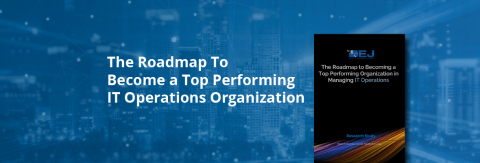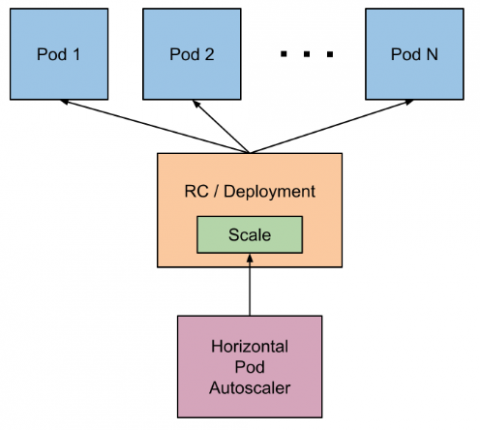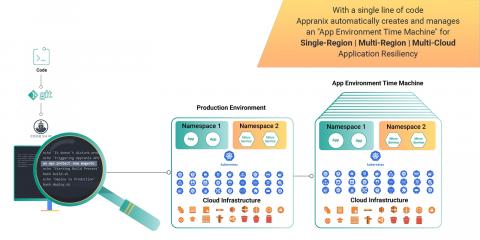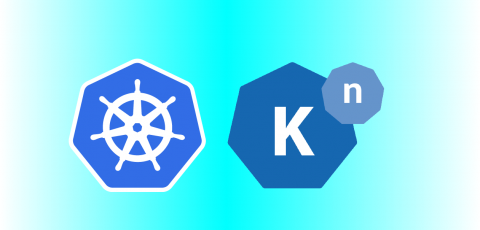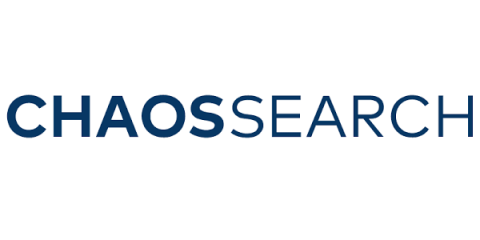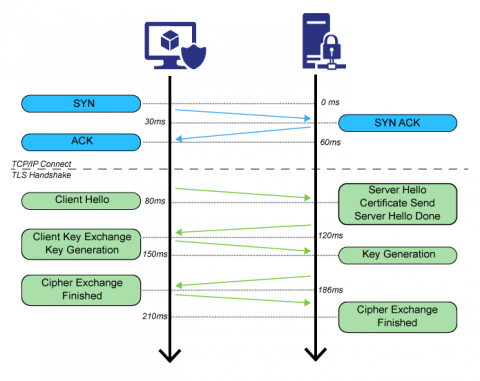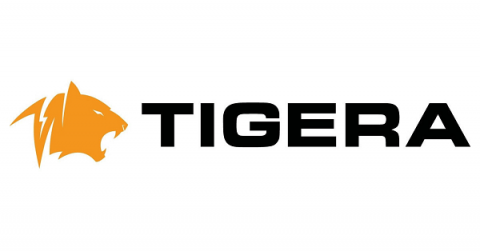Five worthy reads: Threat intelligence-the key to proactive cybersecurity
Five worthy reads is a regular column on five noteworthy items we’ve discovered while researching trending and timeless topics. This week, we explore how cyber threat intelligence can aid organizations. Enterprises often end up spending a great deal of money on monitoring and wiring their perimeter with defensive security solutions. But is merely incorporating security solutions like firewalls, antivirus software, intrusion detection systems, web filtering, and encryption enough?



